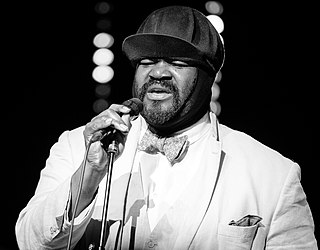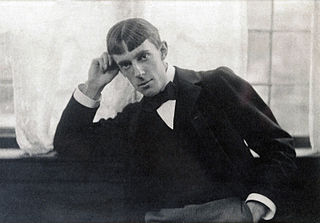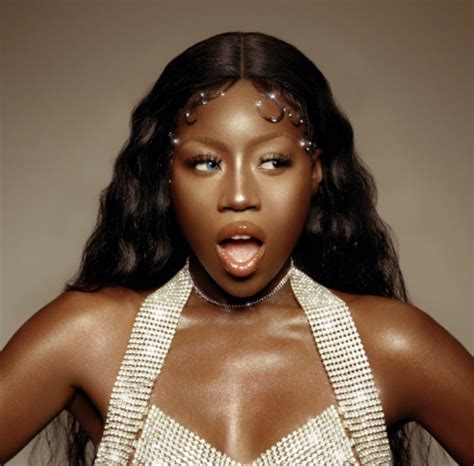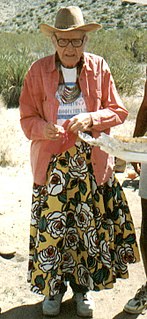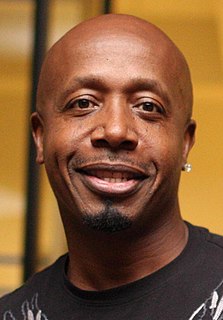A Quote by Victor Skrebneski
To do a portrait today, I decide how close I can get to my subject. First, of course, mentally or intellectually, then in the viewfinder. Music cues the subject and me when to shoot. The music played during a photography session is most important - stimulating to the subject and to me. As in a film, the music builds or becomes quiet, romantic; just one note sets the actor up to emote for his audience. I want a reciprocal portrait, not a bureaucratic one
Related Quotes
I planted some jokes in my wedding. Like, the organizers asked me to select music. So when I approached wife at the ceremony, they played the second movement from Shostakovich's 10th Symphony, which is usually known as the "portrait of Stalin." And then when we embraced, the music that they played was Schubert's "Death and the Maiden." I enjoyed this in a childish way! But marriage was all a nightmare and so on and so on.
Music, to me, is the most beautiful form, and I love film because film is very related to music. It moves by you in its own rhythm. It's not like reading a book or looking at a painting. It gives you its own time frame, like music, so they are very connected for me. But music to me is the biggest inspiration. When I get depressed, or anything, I go "think of all the music I haven't even heard yet!" So, it's the one thing. Imagine the world without music. Man, just hand me a gun, will you?
I've never heard of any one single artist being the subject in an ongoing series of radio programs for decades. Bearing this in mind, that's the kind of thing Frank Sinatra brings out in his audience, his followers. It's personally satisfying to me because his music by and large was the greatest quality of lyrics, melody, orchestration and, of course, his magnificent approach to telling a story.
Confronted with the loving-sharing Consensus of subject-SUBJECT relationships all Authoritarianism must vanish. The Fairy Family Circle, co-joined in the shared vision of non-possessive love - which is the granting to any other and all others that total space wherein each may grow and soar to his own freely-selected, full potential - reaching out to one another subject-to-SUBJECT, becomes for the first time in history the true working model of a Sharing Consensus!
Chance the Rapper: if you listen to his narrative and the subject matter he covers in his music, you can see that he's strong, courageous and shows vulnerability. He asks some very poignant questions in his music and is still very melodic. The harmony and the melody of the music allows you to also come in closer.

